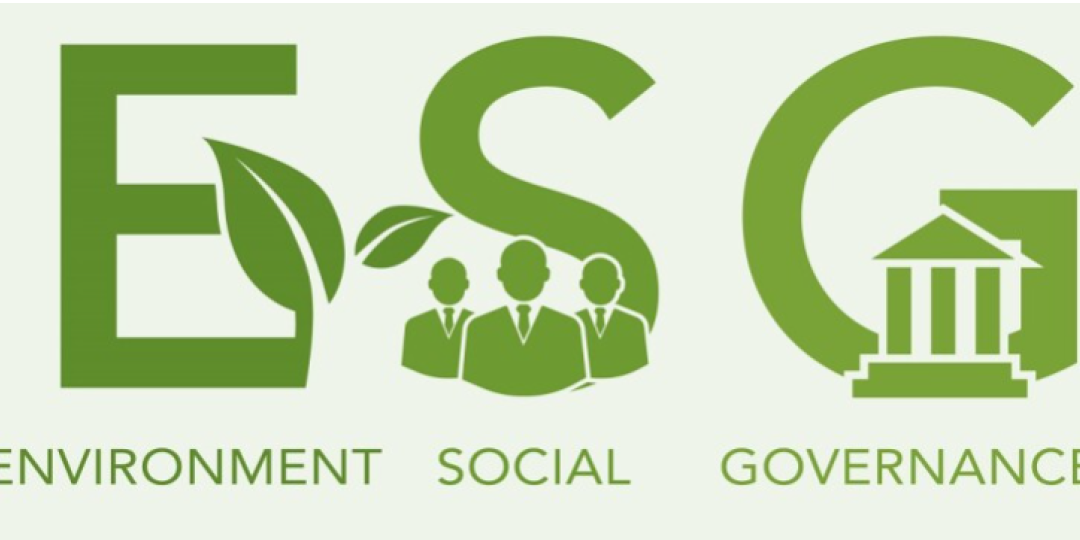The role of environmental, social, and governance (ESG) data in driving sustainable growth and efficiency in the transport, logistics, and supply-chain sectors was the focus of a recent conference in Johannesburg.
Industry experts convened at the Chartered Institute of Logistics and Transport: South Africa’s (Ciltsa) ESG Conference where they shared their insights on the subject, highlighting the trend of growing investor demand for ESG information. The conference theme was From Data to Decisions: Utilising ESG Data for Smarter Business Strategies.
EY’s Africa Climate Change and Sustainability Service Leader, Clemence McNulty, said most investors were now requiring this data to make decisions.
“This growing demand for ESG information underscores the importance of robust data management for companies in these sectors; 99% of investors are using ESG disclosures in their investment decisions,” he said.
Despite the increasing importance of ESG data, the industry faces significant hurdles. Inconsistency in data quality, difficulties integrating ESG data with existing systems, and a lack of high-quality data are among the challenges organisations have identified.
According to industry experts, it is essential for organisations to adopt a multi-disciplinary approach. This includes establishing data standards, developing scalable technology platforms, engaging with suppliers on ESG data, and implementing robust governance frameworks.
Several industry leaders shared their experiences and strategies at the conference. Transnet outlined its ESG targets and data-driven approach to achieving them.
Transnet general manager for Corporate Sustainability, Mapaseka Lukhele, said collaboration among industry stakeholders was crucial in the journey towards achieving net-zero carbon emissions.
Absa highlighted the importance of financial inclusion, diversity, and climate action.
Sector Specialist: Transport and Logistics, Relationship Banking: Absa, Bernard Vilakazi, outlined the bank’s key ESG focus areas – financial inclusion, diversity and inclusion, and climate.
“For us, it is all about the 3Ps – planet, people and prosperity,” he said.
Isuzu showcased its vision for a sustainable future, including the introduction of diesel dual fuel and compressed natural gas vehicles, to minimise environmental impacts by 2050.
JC Auditors underscored the importance of adopting international standards such as the Global Reporting Initiative and those of the Sustainability Accounting Standards Board to enhance ESG credibility and manage risks.
“ESG is crucial for investors as it measures how companies make money, rather than just how much money they make,” said JC Auditors managing director, Oliver Naidoo.
Ciltsa president Elvin Harris said collaboration witn ESG alliance partners was crucial for driving intelligent decision-making.
“By leveraging ESG data, companies can not only meet regulatory requirements, but also gain a competitive advantage and contribute to a more sustainable future,” he said.













